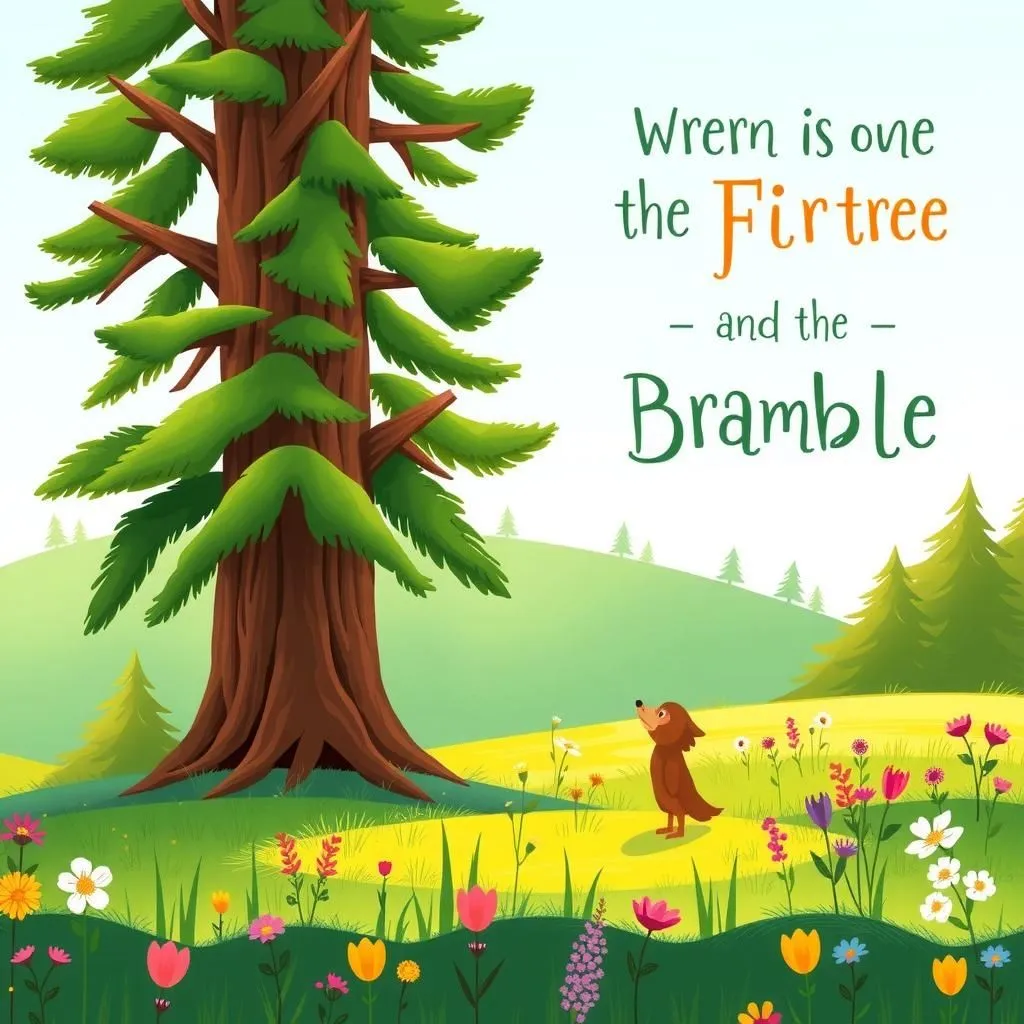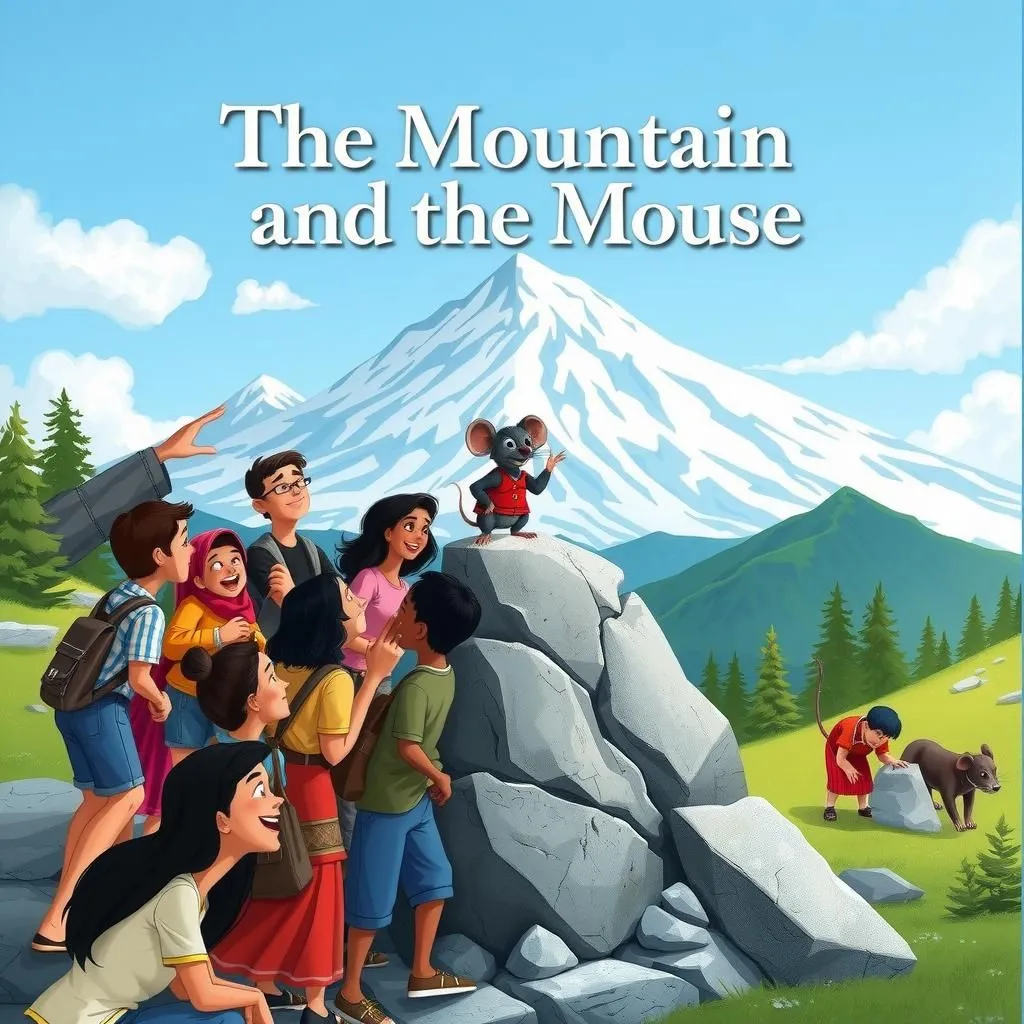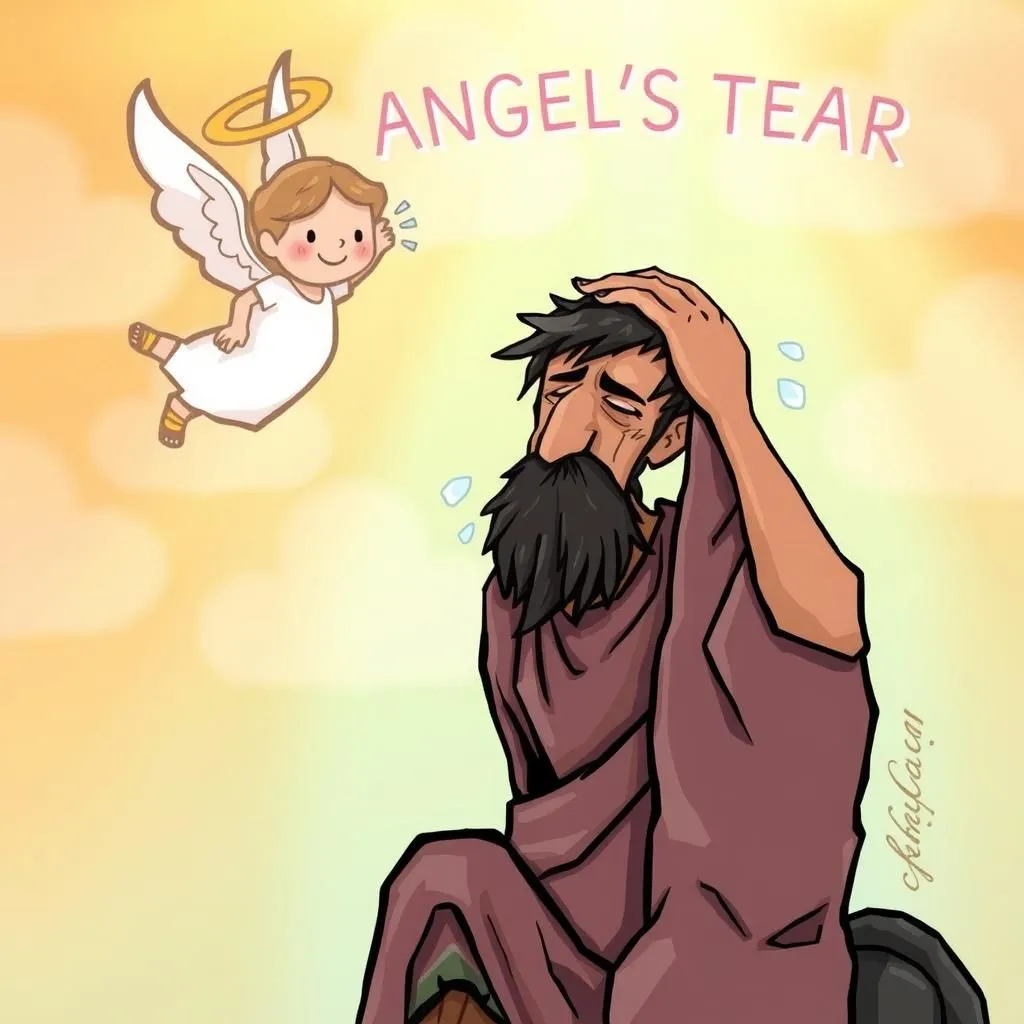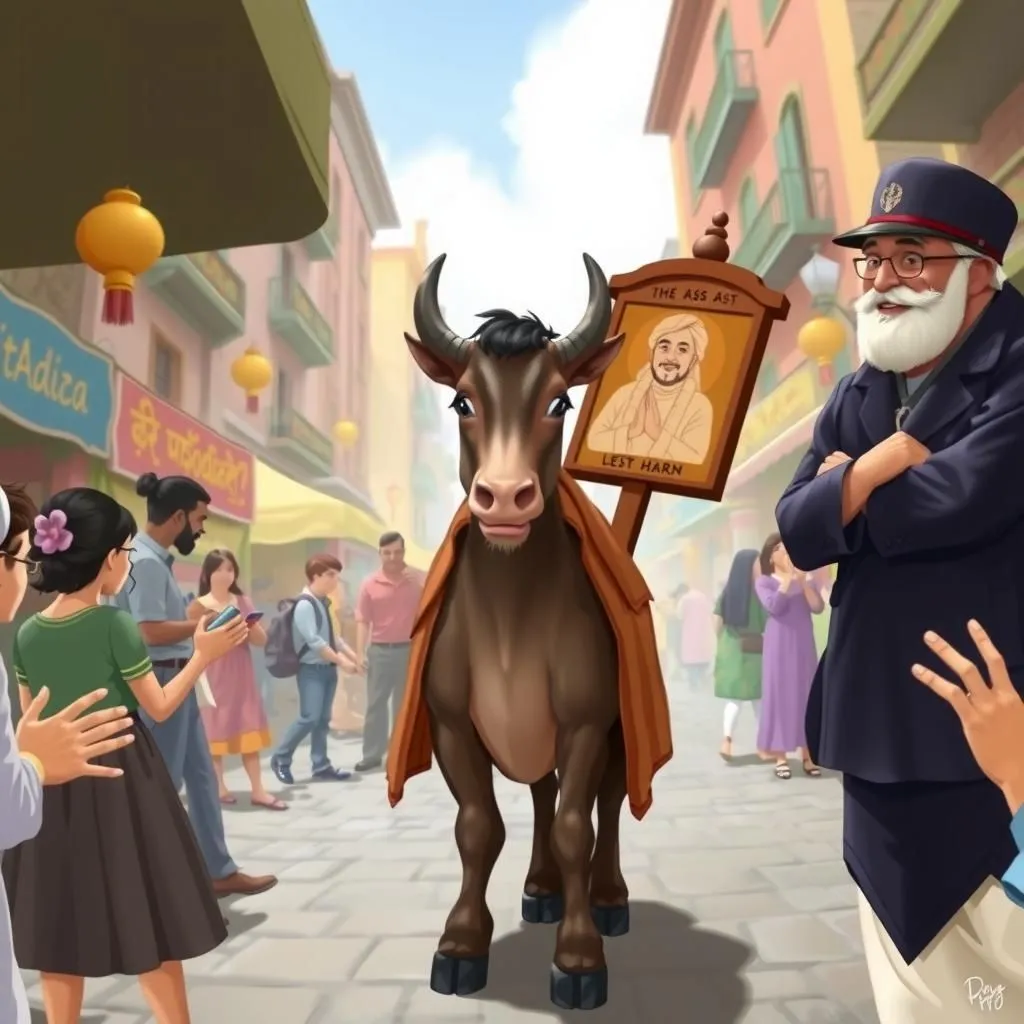
The Fir Tree and the Bramble
In "The Fir Tree and the Bramble," a Fir Tree boasts about its utility in construction, while the Bramble warns it of the dangers of being cut down. This timeless moral story teaches that a simple, carefree life is preferable to one burdened by the weight of wealth and usefulness, making it a valuable addition to childhood stories with moral lessons and short stories for students with moral insights.


